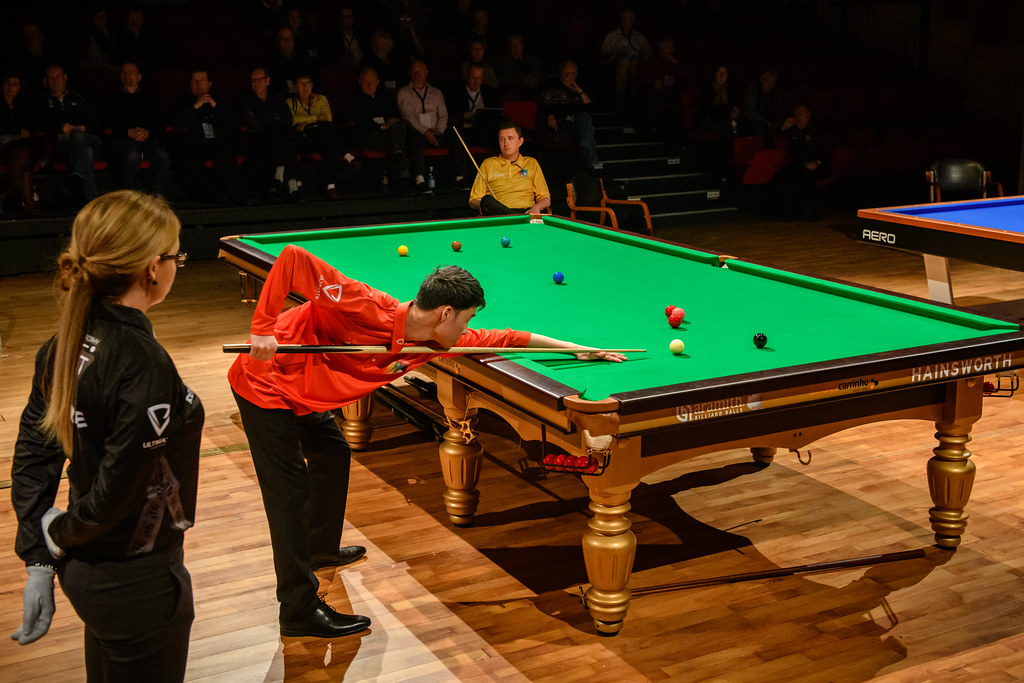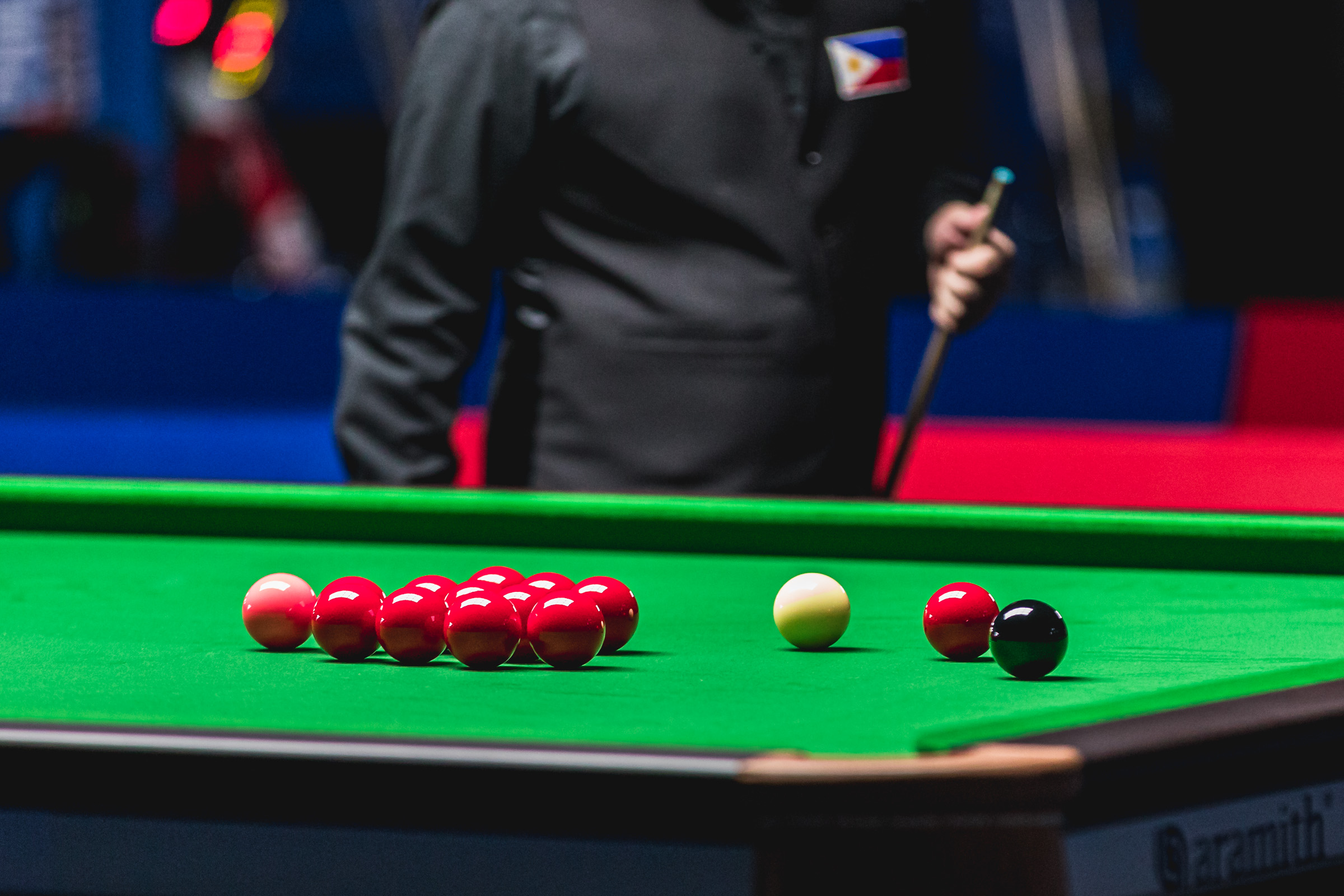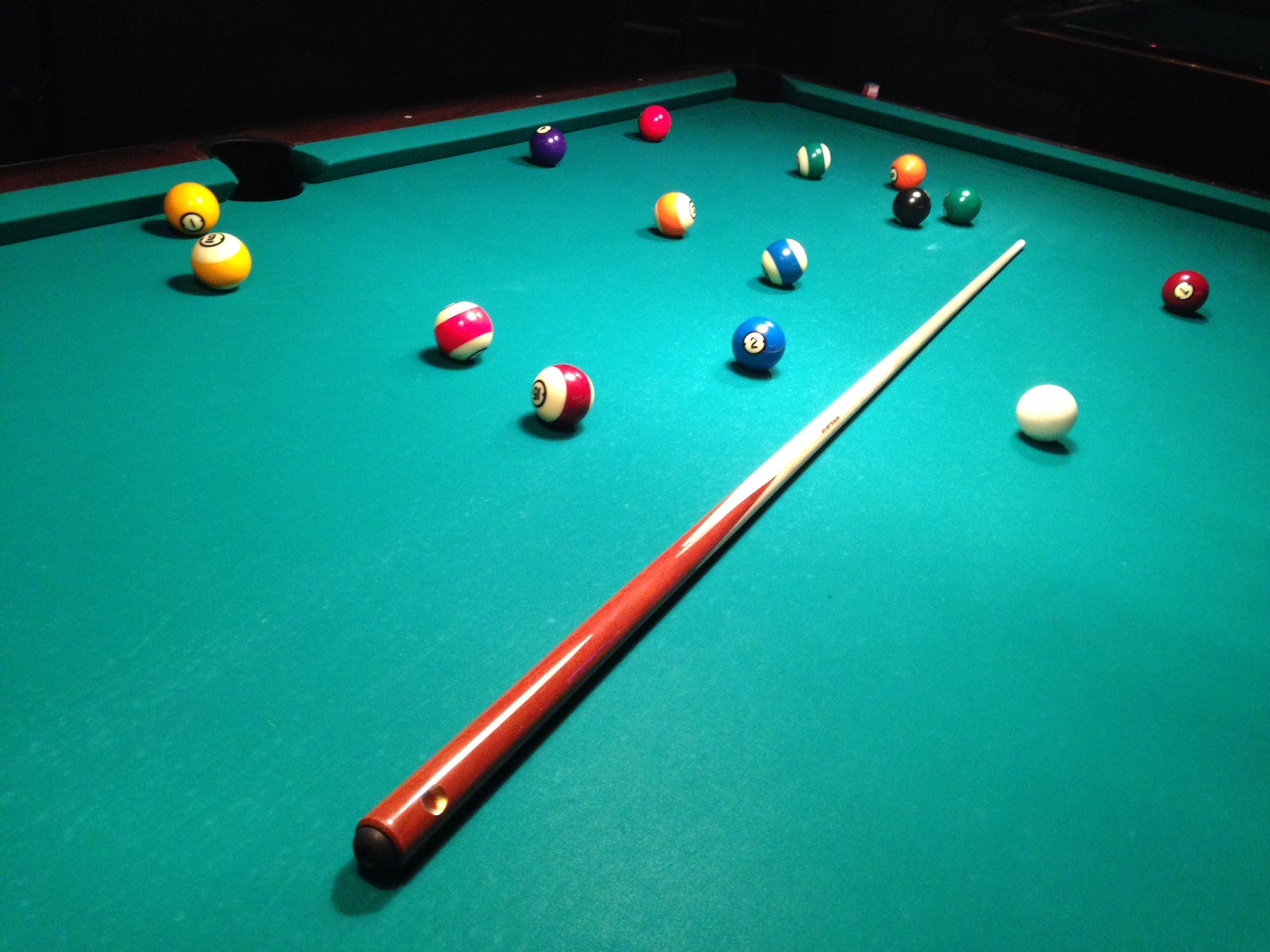Is billiards a sport? This question has sparked heated discussions among fans, players, and critics alike. It's like asking whether pizza is food – you either love it or you're still figuring out where it stands. Billiards, also known as pool or cue sports, has been around for centuries, but its classification as a sport is still debated in certain circles. Let's break it down and see where we stand.
Picture this: you're chilling at your local bar, watching a game of billiards unfold. The players are focused, the crowd is silent, and the tension is real. But then someone says, "Hey, is this even a sport?" That's the moment when things get interesting. Billiards isn't just about hitting balls with a stick; it's a game of strategy, precision, and skill.
Now, before we dive deeper, let's acknowledge that billiards isn't your typical sport. You won't see players running marathons or throwing footballs, but that doesn't mean it's any less demanding. The mental and physical challenges involved in mastering the game are real, and we're about to explore why it deserves its spot in the sports hall of fame.
Read also:Cracking The Code Aagmal How Ndash Your Ultimate Guide
What Exactly is Billiards?
First things first, let's define what billiards is. Billiards is a cue sport played on a table with balls and a cue stick. The objective varies depending on the specific game being played, but the basic idea is to pocket balls in a specific order or pattern. There are different variations of the game, such as eight-ball, nine-ball, and snooker, each with its own set of rules and challenges.
Billiards has a rich history that dates back to the 15th century. It evolved from outdoor games like croquet and eventually moved indoors, becoming the sophisticated game we know today. The game requires players to have excellent hand-eye coordination, strategic thinking, and a steady hand. But is that enough to classify it as a sport?
Why Some People Say Billiards Isn't a Sport
Let's address the elephant in the room. Critics argue that billiards isn't a sport because it lacks the physical exertion associated with traditional sports. They claim that it's more of a leisure activity or a game rather than a legitimate sport. Here are some common arguments:
- There's minimal physical activity involved compared to sports like soccer or basketball.
- Billiards doesn't require team dynamics, which are often seen as essential in sports.
- It's played indoors, which some people believe makes it less "sporty."
While these points might seem valid, they overlook the complexity and skill required to excel in billiards. It's not just about hitting balls; it's about mastering the physics of angles, spin, and speed.
Why Billiards Should Be Considered a Sport
Now, let's flip the script and make the case for why billiards is, in fact, a sport. Here's why:
- Physical Demands: Billiards may not involve running or jumping, but it requires immense focus, balance, and precision. Players often spend hours bent over the table, which can be physically demanding.
- Mental Agility: Billiards is as much a mental game as it is a physical one. Players must think several moves ahead, much like chess players, and make split-second decisions.
- Competitive Nature: Billiards has a thriving competitive scene with professional tournaments, rankings, and even Olympic aspirations. Players train rigorously and compete at an elite level.
So, the next time someone tells you billiards isn't a sport, remind them that it's a game that tests both mind and body in unique ways.
Read also:Brett Somers The Legendary Figure Who Stole Hearts And Shaped Tv History
History of Billiards: A Journey Through Time
To truly understand whether billiards is a sport, we need to look at its history. Billiards has evolved over the centuries, adapting to changes in technology and culture. Here's a quick timeline:
- 15th Century: Billiards originated as an outdoor game similar to croquet.
- 17th Century: The game moved indoors, and the first billiard tables were introduced.
- 19th Century: The modern cue stick and leather tip were invented, revolutionizing the game.
- 20th Century: Billiards gained popularity worldwide, with professional tournaments and famous players emerging.
This rich history shows that billiards has always been more than just a casual pastime. It's a game that has adapted and grown, much like any other sport.
Physical and Mental Skills Required in Billiards
Let's break down the skills needed to excel in billiards:
Physical Skills
While billiards may not involve running or jumping, it still requires physical skills such as:
- Balance: Players must maintain a steady stance while leaning over the table.
- Hand-Eye Coordination: Precision is key when aiming for the perfect shot.
- Stamina: Professional matches can last for hours, requiring players to stay focused and energized.
Mental Skills
On the mental side, players need:
- Strategic Thinking: Planning ahead and anticipating your opponent's moves.
- Focus: Blocking out distractions and maintaining concentration under pressure.
- Patience: Taking your time to analyze each shot and make the right decision.
These skills aren't just useful in billiards; they're essential in any competitive environment.
Professional Billiards: The Competitive Scene
The world of professional billiards is thriving, with tournaments held globally and players competing for significant prizes. Here are some key points about the professional scene:
- Billiards has its own ranking system, much like tennis or golf.
- Top players, such as Efren Reyes and Johnny Archer, have achieved legendary status.
- Professional tournaments attract thousands of fans and are broadcast on sports networks.
This level of competition and recognition further solidifies billiards' status as a legitimate sport.
Billiards and the Olympics: A Future Possibility?
One of the ultimate markers of a sport's legitimacy is its inclusion in the Olympics. Billiards has been making strides towards this goal, with discussions about its potential inclusion in future games. Here's why it could happen:
- Billiards meets the criteria for Olympic sports, including having an international governing body and a global following.
- Its inclusion would bring diversity to the Olympic lineup, showcasing a sport that tests both mental and physical abilities.
- Billiards fans around the world are eager to see their favorite players compete on the Olympic stage.
While it may take time, the possibility of billiards becoming an Olympic sport is exciting for fans and players alike.
Billiards vs. Traditional Sports: A Comparison
Let's compare billiards to traditional sports like basketball, soccer, and tennis. While they may differ in terms of physical activity, they share many similarities:
- Competition: Both billiards and traditional sports have structured competitions and rankings.
- Training: Players in both categories train extensively to improve their skills.
- Fans: Billiards has a dedicated fan base, just like any other sport.
These similarities highlight the fact that billiards deserves the same recognition as traditional sports.
Biography of Legendary Billiards Players
To truly appreciate the sport of billiards, let's take a look at some of its legendary players:
| Name | Country | Notable Achievements |
|---|---|---|
| Efren Reyes | Philippines | 10-time World Champion, known as "The Magician" |
| Johnny Archer | USA | 20-time World Champion, one of the most successful players in history |
| Ronnie O'Sullivan | UK | 6-time World Snooker Champion, widely regarded as one of the greatest players ever |
These players have dedicated their lives to mastering the game and have achieved incredible success on the international stage.
Conclusion: Is Billiards a Sport?
In conclusion, the debate over whether billiards is a sport will likely continue, but the evidence is clear. Billiards requires physical and mental skills, has a thriving competitive scene, and meets the criteria for what defines a sport. So, the next time someone questions its legitimacy, you can confidently say, "Yes, billiards is a sport!"
We encourage you to share your thoughts in the comments below. Do you think billiards deserves its place among traditional sports? Let's keep the conversation going and spread the word about this incredible game. And don't forget to check out our other articles for more insights into the world of sports!
Table of Contents
- What Exactly is Billiards?
- Why Some People Say Billiards Isn't a Sport
- Why Billiards Should Be Considered a Sport
- History of Billiards: A Journey Through Time
- Physical and Mental Skills Required in Billiards
- Professional Billiards: The Competitive Scene
- Billiards and the Olympics: A Future Possibility?
- Billiards vs. Traditional Sports: A Comparison
- Biography of Legendary Billiards Players
- Conclusion: Is Billiards a Sport?


